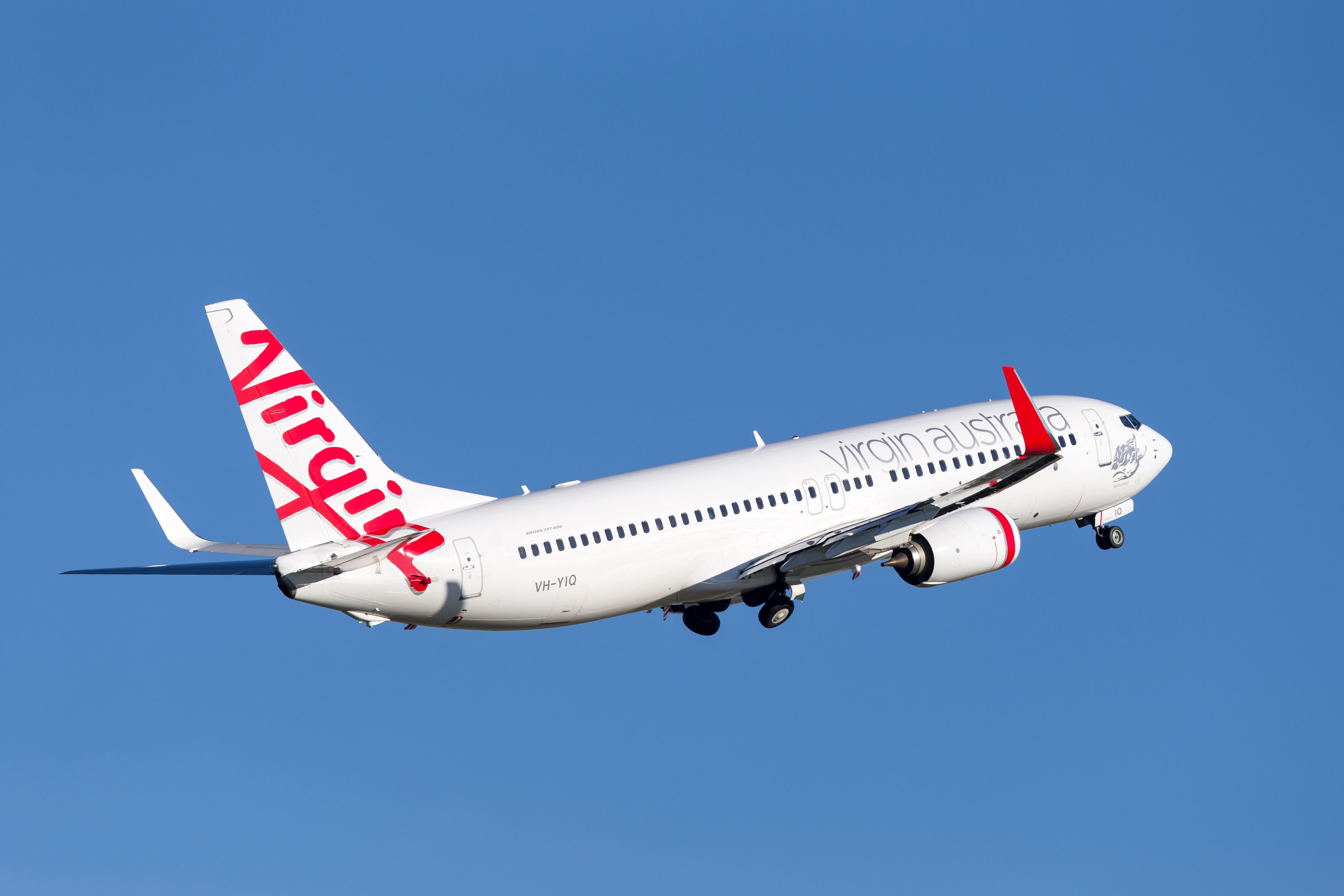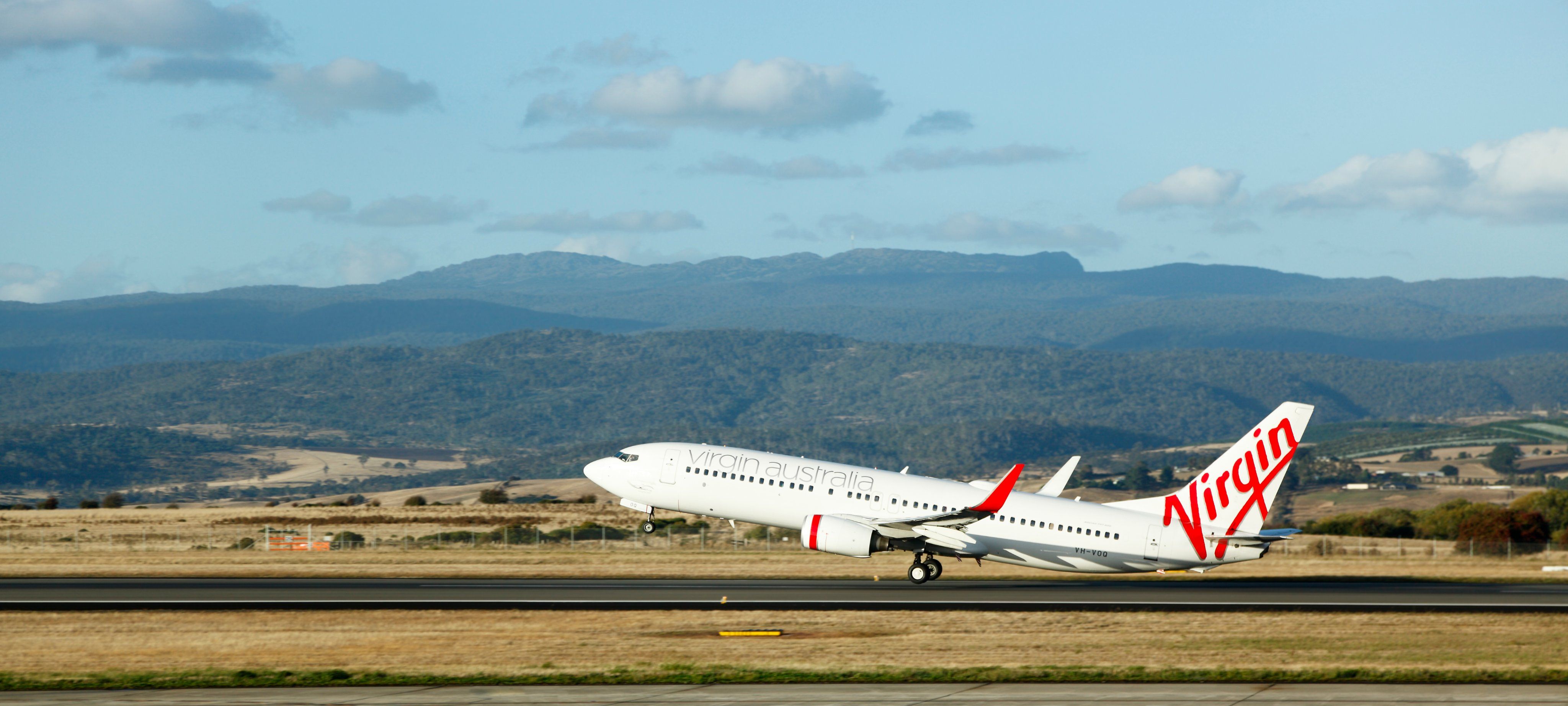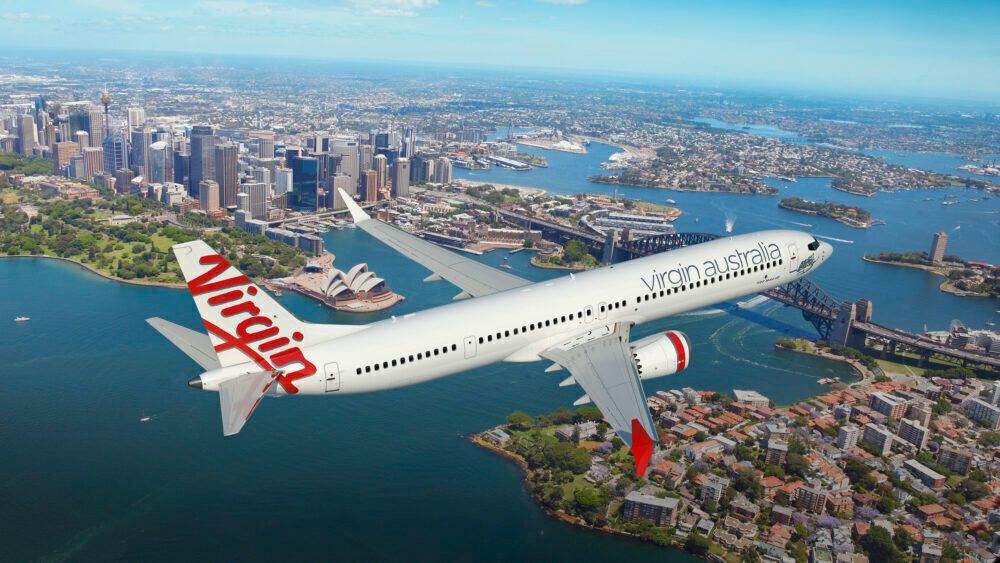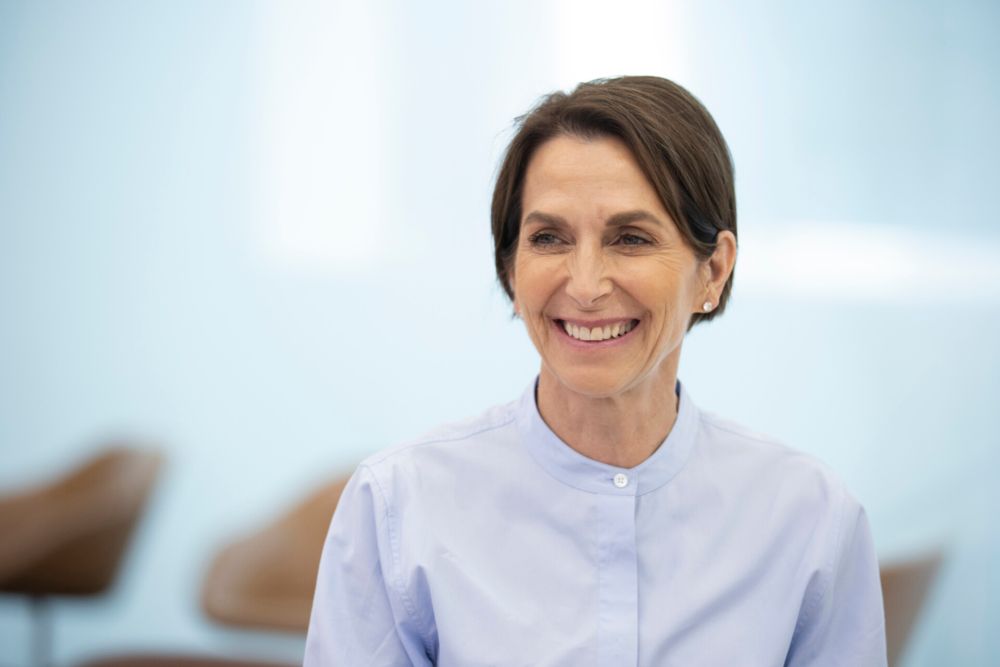Virgin Australia's planned initial public offering and relisting on the Australian share market is under a cloud amid the current turmoil in world banking. A few hours ago, The Australian newspaper reported the float could be pushed back six months or more from a possible offering in June.
Is Credit Suisse a spanner in the works?
Appearing on The Australians website, the report quoted Investors Mutual fund manager Anton Tagliaferro saying that global banking turmoil and share market volatility could force a delay. He added:
"We are in a period of instability and we are seeing cracks in the financial system. In a bullish market they may have got Virgin away at a decent price, but today it will struggle."
Bain Capital (Bain), the owners of Virgin Australia (VA), have engaged bankers Goldman Sachs, UBS and Australian advisory firm Barrenjoey to prepare for the initial public offering (IPO). Their task was to report on the best timing, structure and metrics to return VA to the Australian Stock Exchange (ASX).
Initial soundings suggested VA is looking to raise at least AU$1 billion ($667 million) and seek an equity valuation of at least AU$3 billion ($2 billion) on the listing. This could be at the top of the range given that VA reportedly racked up underlying losses of AU$77 million ($51 million) in 2021 and AU$387 million ($258 million) in the 2021/2022 financial year.
Similarly to Qantas, VA has used its capacity well to maximize passenger loads and keep ticket prices high. After Qantas announced its AU$1.43 billion half-year profit in February ($952 million), airline shares were back in favor which may have sped up Bain's moves to float the airline. It has been estimated that VA generated first-half 2021/22 revenue of AU$2.5 billion ($1.67 billion), from which it earned an estimated AU$125 million ($83 million).
With financial administration and the pandemic behind it, VA is rebuilding its Boeing 737 fleet, which currently stands at around 81 aircraft. The airline has 75 737-800s and seven 737-700s, with eight 737 MAX 8s set to join the fleet this year. It also has 25 Boeing 737 MAX 10s due to arrive in 2024, although the actual delivery will depend on the MAX 10s progress to certification and entry into service.
A quick and profitable turnaround for Bain Capital
Timing is everything in these IPOs, and Bain now has to decide if VAs attraction is enough to overcome the financial instability, plus the specter of rising interest rates, to get the return it wants. Things have been moving on this for over a year, and last week, VA CEO Jayne Hrdlicka headed a team that descended on Singapore to kick off a global investor roadshow.
Their objective is to sell investors on VA and its future, with more presentations planned for Hong Kong, London, Boston and Los Angeles before doing the rounds back in Australia. For Bain, the issue is about maximizing its return of the AU$3.5 billion ($2.33 billion) spent to drag VA out of administration, a process similar to the US Chapter 11.
The Australian reports that Bain holds equity of AU$731 million ($488 million), and with the stakes of Richard Branson and the Queensland Government, VA has a market value of around AU$1 billion.
Discover more aviation news for Australia and Oceania here
The VA roadshow will certainly march on confidently around the globe, and it seems that Bain will make a very hefty return on its investment. As I wrote last week, all that's left to ponder is when and how Bain will cash in its chips and how many it will keep for itself. Time will tell on that.
What do you think of Virgin Australia's future? Tell us in the comments.
Source: The Australian




